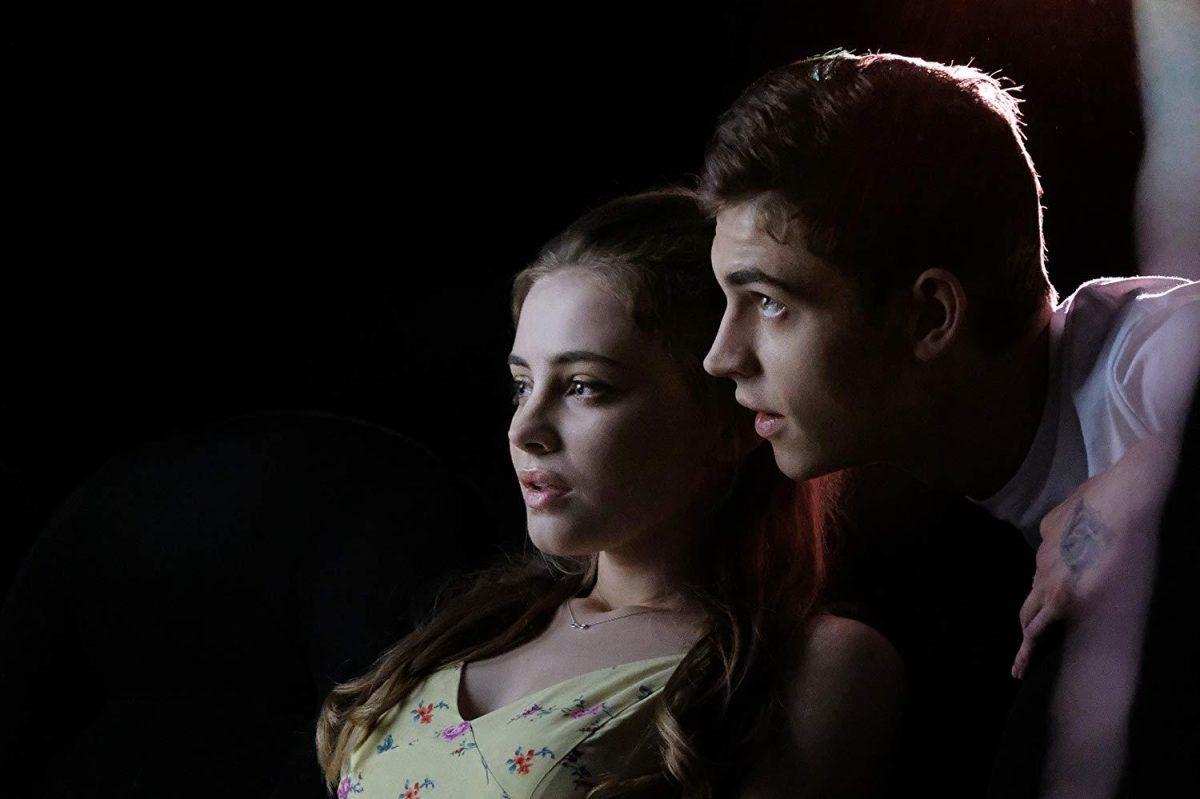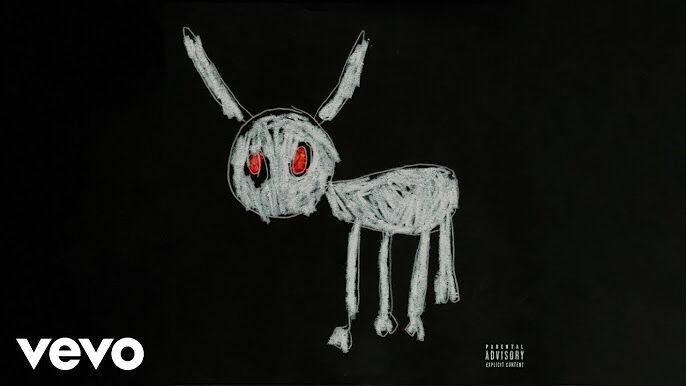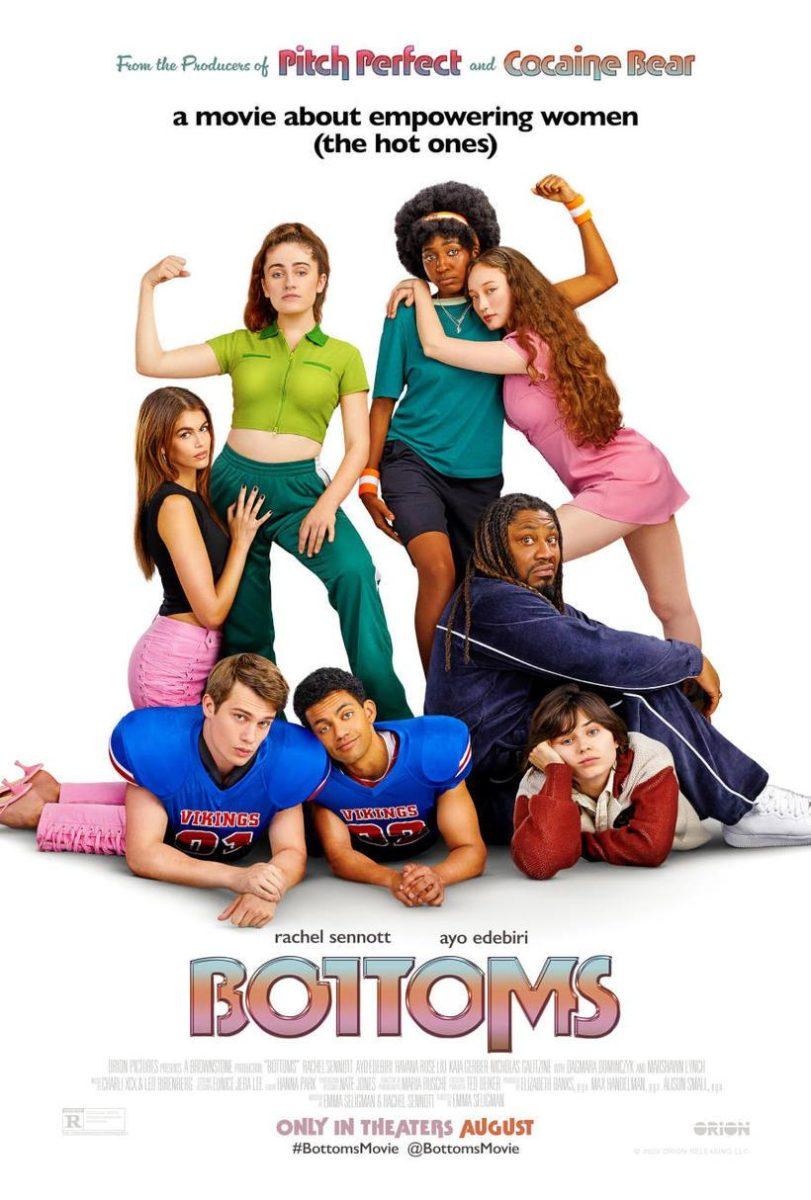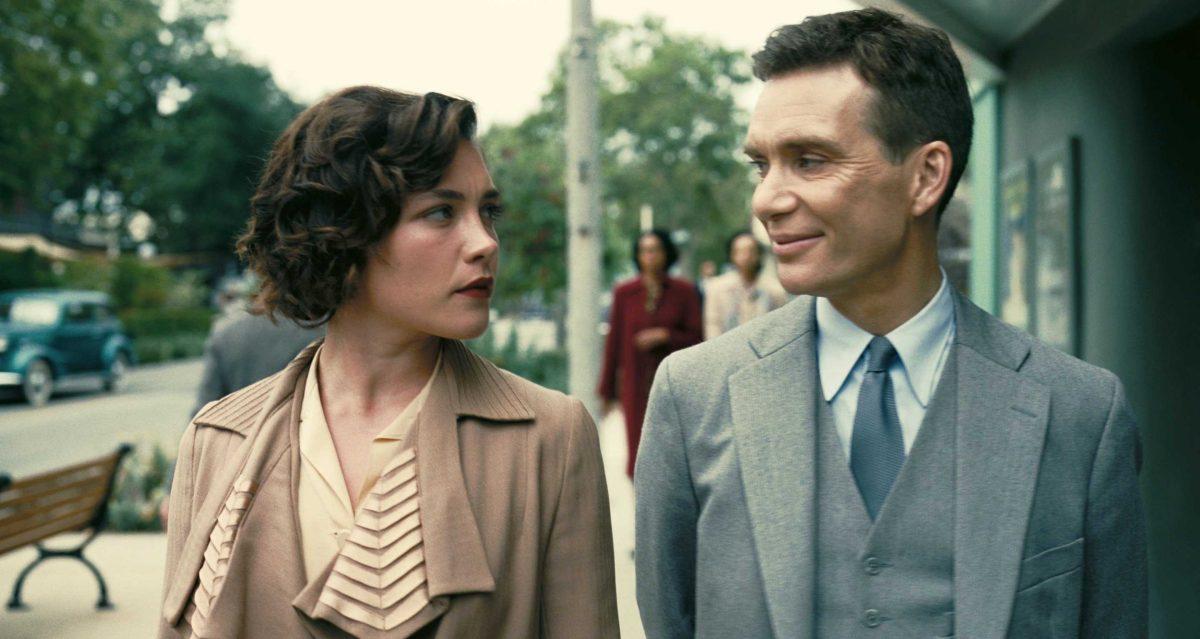Stars: 1/5
In Tessa’s own words, after “him” is just … after. There’s not a lot before either, unfortunately. The during is morally ambiguous, riddled with deception from every party involved. And after, since she refuses to say so, is precarious at best.
The love story between Hardin and Tessa is so oddly developed. On one of their first “dates” (if it can be considered such since Tessa is still stringing along her high school boyfriend), Hardin explicitly refuses to answer questions about his past.
They know nothing about each other, and there’s not a lot of time to talk between dramatically looking at each other and Hardin transporting her to his next romantic destination. If there were a drinking game associated, shots would be every time Hardin said something along the lines of, “Come with me,” or “Follow me” or “I want to show you something.”
Whether it’s an abandoned apartment or literally just a body of water, Hardin puts the moves on Tessa without actually saying anything of substance or getting to know her any better. He just shows what a softie he is beneath his indifferent British facade and abundance of edgy tattoos.
And it works.
On paper, their only similarities are reading romance novels and not drinking at parties. That’s enough to move into someone else’s apartment together.
There’s no feasible explanation for the high density of people at the college with names that only an assassin or mage out of a fantasy fictional book could rock. In Tessa’s new friend group alone there’s Zed, Hardin, Molly, Steph, Tristan and my personal infrequently appearing favorite, Jace.
Approximately three of them have any depth or written lines and all of them are more interesting in name and content than Tessa’s sheltered bookish type character.
The portrayal of college in “After” looks straight out of a middle schooler’s misconceptions. There are rager parties and library study times and juvenile romantic drama. Even the one professor Tessa and Hardin share is in on it.
The beautiful indifference of a huge heterogeneous glob of vastly different people is what separates college from the petty woes of middle and high school. Instead, all six noteworthy characters embody similarly naive archetypes.
Despite saying nothing about his past, Hardin courts Tessa by constantly putting on an enigmatic yet caring persona that eventually comes to like her because … he likes her. Their pull to each other is meant to be innate and unspeakable which is definitely accomplished with little cinematic value.
To his credit, his dates and moves are fairly slick. Tessa did not catch how rehearsed they may be in their first personal encounter when she refuses a (childish) dare involving him and his friend remarks on Hardin’s lack of past rejection.
This coupled with an obstinance to discuss his past raises more red flags that Tessa continues to ignore. Is this to her own detriment? It is not worth finding out firsthand.








